Ep. 79: How to Thrive and Survive The Holidays
How to Thrive and Survive The Holidays
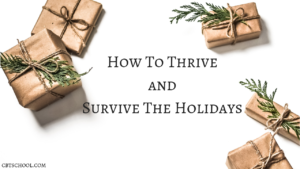 Happy Holidays Everyone!
Happy Holidays Everyone!
Well, the holiday season is here and if you’re anything like me, you’re feeling slightly overwhelmed and stressed because of all you have to do, and all of the emotions that go along with the holidays. This is a common time of the year where we can experience very high emotions such as joy, happiness and excitement, but we also experience a lot of difficult emotions such as fear, panic, depression, hopelessness, grief and loneliness.
Given that this is such a universal experience during the holiday period, we thought it was a great opportunity to bring on Alison Seponara who is a Licensed Professional Counselor in the state of Pennsylvania to talk about How to Thrive and Survive the Holidays. This episode is particularly important if you are also managing a mental illness or other psychological stressors. It is not uncommon for anxiety and depression to worsen during the holiday period, so we wanted to be sure to bring you multiple tools to help you Thrive and Survive the Holidays.
In this interview Alison and I talk about important topics that can really impact our mental wellness during the Holiday season. In this podcast, we address the following:
- Grief and how the holidays can bring up grief you were not expecting
- Anxiety and how it is often increased due to the stress of the holiday period and the presence of triggering family members
- Social anxiety and how it can cause us to dread the holiday period
- The fear of saying no to family members and events that you don’t think are healthy for you to attend
- The financial struggles that go along with the holidays
- The overwhelming expectation to feel nothing but joy and celebration
The most important point Alison and I made during this episode of Your Anxiety Toolkit is that YOU DO NOT HAVE TO FEEL BAD IF YOU ARE NOT ENJOYING THE HOLIDAYS. Alison made some great points in reassuring you that it is ok and totally normal to struggle instead of feeling festive. I hope you find this podcast helpful and you now feel ready to thrive and survive the holidays.
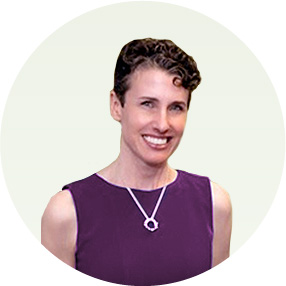 Welcome back to Your Anxiety Toolkit podcast!
Welcome back to Your Anxiety Toolkit podcast!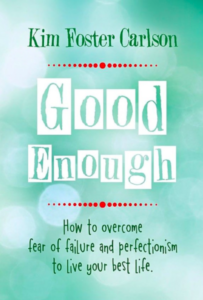 Welcome to another episode of Your Anxiety Toolkit Podcast! This week, we talk about all things
Welcome to another episode of Your Anxiety Toolkit Podcast! This week, we talk about all things 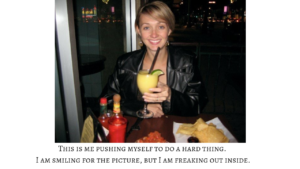
 For those of you who are new, welcome! Your Anxiety Toolkit is brought to you by
For those of you who are new, welcome! Your Anxiety Toolkit is brought to you by 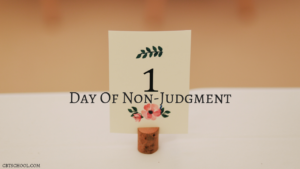 Hello and welcome back to Your Anxiety Toolkit Podcast.
Hello and welcome back to Your Anxiety Toolkit Podcast.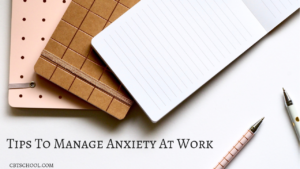 Welcome back to another episode of Your Anxiety Toolkit. Today’s topic was a suggested topic be one of the members of our online FB group,
Welcome back to another episode of Your Anxiety Toolkit. Today’s topic was a suggested topic be one of the members of our online FB group,  Clients and the
Clients and the  Hello there and welcome back to another episode of Your Anxiety Toolkit podcast.
Hello there and welcome back to another episode of Your Anxiety Toolkit podcast.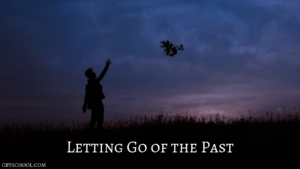 This week’s episode of Your Anxiety Toolkit Podcast is my response to a question that came directly from the online Facebook group
This week’s episode of Your Anxiety Toolkit Podcast is my response to a question that came directly from the online Facebook group 